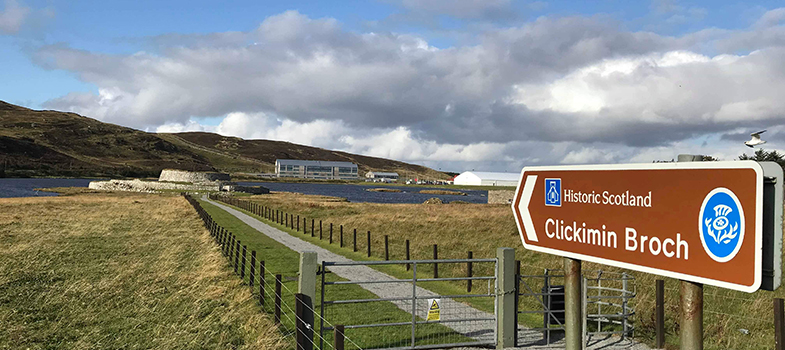17.1 Why grammar?
Grammar has long been a subject of study — as a companion to rhetoric in ancient Greece and Rome and as one of the seven liberal arts in medieval education. Although the methods of studying grammar have changed dramatically in recent times, the reasons for studying grammar have remained essentially the same. […]
"Grammar is important because it is the language that makes it possible for us to talk about language. Grammar names the types of words and word groups that make up sentences not only in English but in any language. As human beings, we can put sentences together even as children — we can all do grammar.
But to be able to talk about how sentences are built, about the types of words and word groups that make up sentences — that is knowing about grammar. And knowing about grammar offers a window into the human mind and into our amazingly complexmental capacity."
Activity 4
Following on from Nordquist’s thoughts above and to start off your work in this unit, we thought it useful for you to try out how much you might already know about grammar and also the grammar of the Scots language.
Part 1
First, listen to a short passage in Scots, and while listening, think about any particular grammatical features that stand out to you. As a second step, read the passage yourself and then compare your version with our model – as always, if you are not a Scots speaker, try to imitate the pronunciation and sentence stress of our speaker.
Transcript
Listen
A seen it last week an it wisnae bonny. Its springs wis hingin oot, twa legs wis aff it an it’s no ony better nor the ane A hae the noo, sae A nivver bocht it. A says tae them “Ye’d be better takkin it tae the cowp” and they gets aa affrontit and says “There’s naethin wrang wi wir sofa.” I says “Get yer een testit.”
Model
A seen it last week an it wisnae bonny. Its springs wis hingin oot, twa legs wis aff it an it’s no ony better nor the ane A hae the noo, sae A nivver bocht it. A says tae them “Ye’d be better takkin it tae the cowp” and they gets aa affrontit and says “There’s naethin wrang wi wir sofa.” I says “Get yer een testit.”
Part 2
Think about the grammar of this passage and highlight the features can you spot that are not used in formal Standard English. How many of these features would you use yourself?
Your answer will depend on where you come from. Not all of these features are used all over Scotland. Some are common and there is one that could be considered a bit too ahead of its time to be widely accepted. Each of these features will be discussed in this unit and the answer will point you to the relevant sections.
Answer
Find out more on the specific features highlighted in the passage in the following sections:
- A, ye, wir – pronouns – for more information see section 3. Some widespread features of Scots grammar;
- -nae, nivver – negatives – for more information see section 3.;
- Wis – personal pronouns – for more information see section 4. Some regional features on Northern Personal Pronoun Rule;
- -in – participle endings of verbs – for more information see section 4. Some regional features on Present participle and verbal nouns;
- no – negatives – for more information see section 3.;
- nor – comparisons – for more information see section 3.;
- the – articles – for more information see section 3. on Determiners;
- says – tense forms of verbs – for more information see section 3. on Narrative present tense;
- -it – tense forms of verbs endings – for more information see section 3. on Past tenses;
- een – noun – for more information see section 3.
17. Introductory handsel
